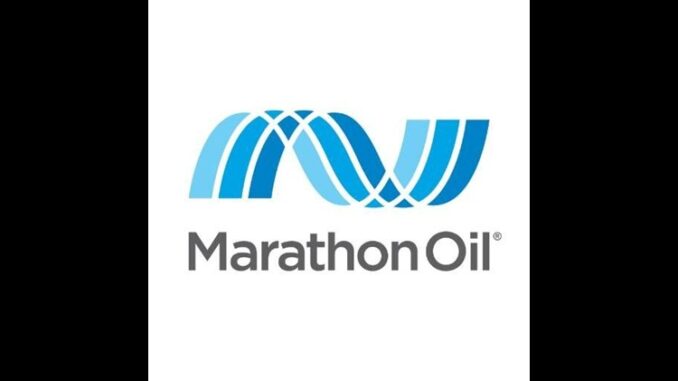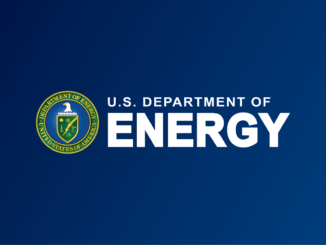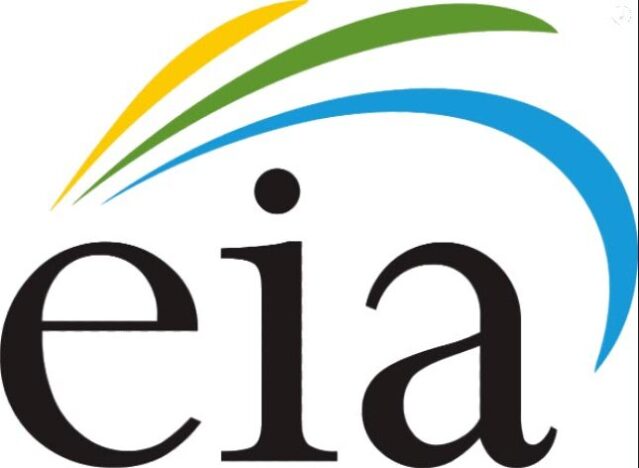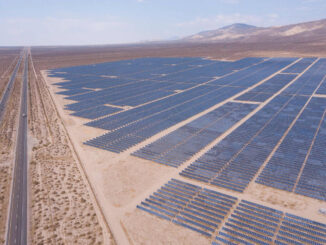
Houston — Marathon Oil is returning to limited operations in Oklahoma and the Permian Basin’s western Delaware Basin in New Mexico before ramping up next year, the company’s top executives said May 6.
The company opted to focus on its larger operations in the Bakken Shale of North Dakota and the Eagle Ford Shale in South Texas during 2020, when its capital budget and activity were trimmed in response to low oil prices from the coronavirus pandemic. It now plans to begin measured activity in Oklahoma and New Mexico ahead of 2022, when those plays will be brought back, said Michael Henderson, executive vice president of Marathon’s operations.
Five drilled but uncompleted wells are targeted for production in Oklahoma, starting second-half 2021, to take advantage of favorable natural gas and NGLs pricing. And in the Delaware, the company will monitor the performance of a six-well pad brought on in late 2020, with wells averaging a solid 1,800 b/d of oil equivalent, as it prepares for further activity heading into 2022.
“As the most capital-efficient basins across the Lower 48, the Bakken and Eagle Ford will still receive approximately 90% of our capital this year,” Henderson said during the company’s first-quarter earnings conference call. “However, both our Oklahoma and Permian assets have high-return opportunities that can effectively compete for capital today.”
“Our plan entering the year … is to reintroduce a disciplined level of steady-state activity back into Oklahoma and the Permian by 2022, at 20% to 30% of the total capital budget,” he said.
For 2021, however, those plays will receive 10% of this year’s $1 billion capital budget, CEO Lee Tillman said.
Price benefit for DUCs
The Oklahoma DUCs will be able to take advantage of the secondary product pricing for natural gas and NGLs, Tillman said.
“We still have extremely high-quality inventory” in those plays, Tillman said. “But we fully expect to be blending in more and consistent capital allocation to both Oklahoma and Permian as we step into 2022.”
In the New Mexico Delaware Basin, Q1 production averaged 26,000 boe/d — representing a sequential growth of 5,000 boe/d from strong performance at the six-well pad brought online during fourth-quarter 2020.
In Oklahoma, Q1 production was 53,000 boe/d, down 28% from the same period in 2020 and down 10% sequentially.
Marathon produced a total 345,000 boe/d in Q1, down 18% from the same quarter in 2020. Oil production of 172,000 b/d in Q1 was down 22% from the same period a year ago.
Many upstream producers have seen reduced year-on-year output in Q1 from curtailments and cutbacks.
Bakken production rose slightly by 2,000 boe/d, or 2%, both sequentially and year on year at 112,000 boe/d in Q1, boosted by three strong wells in the North Dakota play.
Impacts from the February winter freeze were “minimal,” Marathon said, due to a “strong” operational showing otherwise during the period.
Flat 2021 oil production
Marathon Oil has pledged to hold its 2021 oil production flat with Q4 2020, as some of its peers are doing this year. The company’s Q4 2020 oil production also totaled 172,000 b/d.
Henderson said a “slight decline” in Q2 production may occur resulting from fewer wells turned into sales in Q1, especially in the Bakken.
The company reaffirmed its 2021 capital budget of $1 billion — a level where it can hold production flat and still generate $1.6 billion of free cash flow at $60/b, up from the prior guidance of $1.5 billion.
In releasing its 2021 capex of $1 billion and flat production outlook in February, Tillman said the company would prioritize corporate returns and free cash flow generation, and would not raise spending even if commodity price strength were to persist.
He restated that view on May 6: “There will be no change to our capital budget, even if oil prices continue to strengthen.”
The company’s current free cash flow breakeven is $35/b post-dividend, and Marathon eyes attaining a level even below that level, he added.



